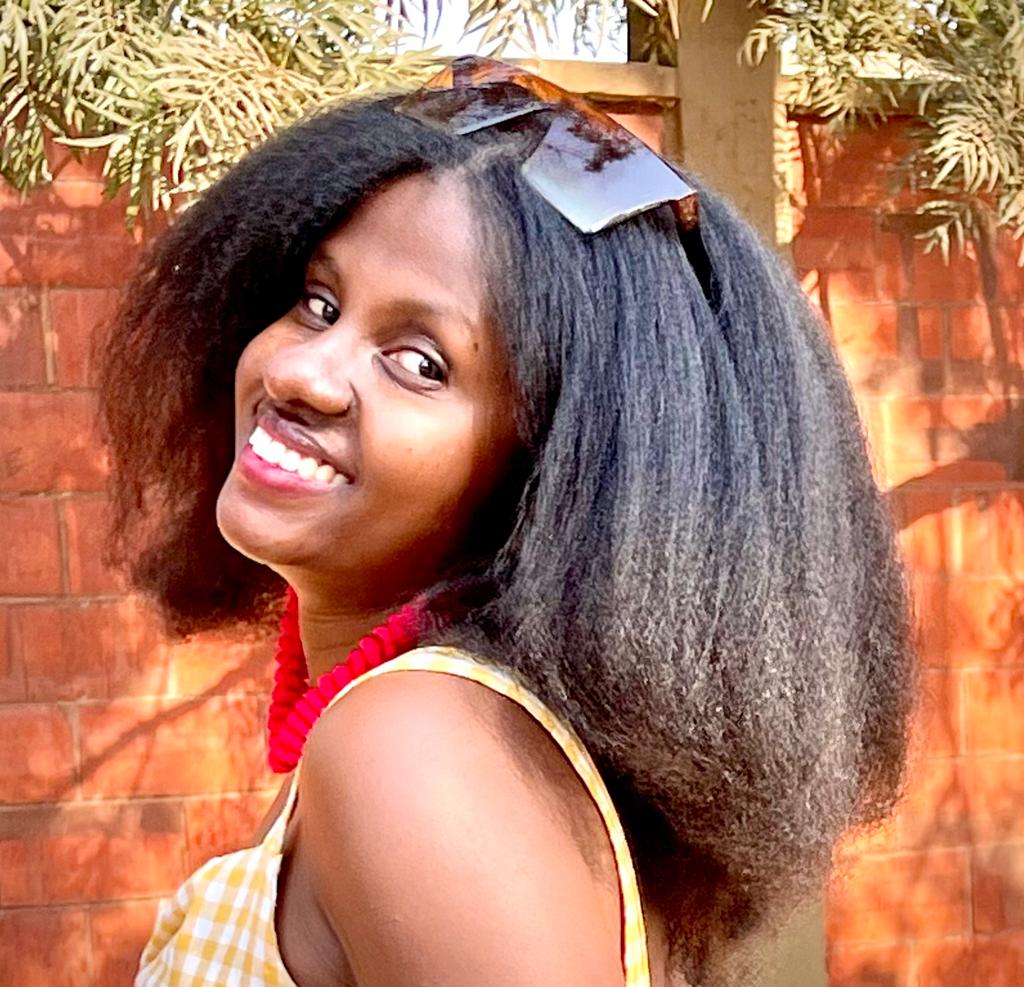

Like everyone else, Bubus Yuhi Nkotanyi had dreams and ambitions as a child. He yearned to be one of the best IT specialists in the country, which is why he opted for a course in IT.
Luckily, right after he graduated with a Bachelor’s degree in Information Technology at the University of Kigali in 2015, he got a job as a graphics designer with a local IT firm.
The 26-year-old was certain that nothing would stand in his way, considering he had the skills and passion for the job. However, one of his friends reached out to him and advised him to be more creative, and initiate a new venture in Rwanda.
"My friend advised me to pursue a course in tattoo art considering I was already talented in pencil art. Since he was a veteran in the business in Uganda where he was operating, he was confident that I would excel in it in Rwanda, and he was willing to offer any support necessary,” Nkotanyi says.




Some of Bubus Yuhi Nkotanyi’s designs, that include eyebrow tattoos . All photos/ Courtesy
He positively responded to his friend’s counsel and left for Kenya in 2016 to pursue a tattoo course at Hans Tattoo School and Parlour, Nakuru, where he was educated about skin biology, healing best practices, and how to approach clients regarding skin issues.
According to Nkotanyi, tattooing is a unique kind of art as the human skin is the canvas, while the tattoo machine is the pencil. He was trained how to use tattoo machines on the skin, and how to break the machines down and reunite them, clean and properly maintain them.
He grasped knowledge about the specific body parts that shouldn’t be tattooed, for instance, the eyelids, armpits, private parts, and others, and to be cautious while doing the art by making sure he doesn’t go deep with the needle in areas where the veins that connect to the brain pass.
The tattoo artist was also equipped with information on sanitation and safety for tattooing, artistic talents, health knowledge, effective communication with clients, and how to operate a tattoo shop.
Bubus Yuhi Nkotanyi
The course that took a year left him amazed by how much he had learned in a short period. On returning home, he was joined by his tattoo artist friend and together, they started a tattoo business in 2017.
Nkotanyi says that they started operating from a salon that had offered them a small space. Though tattoo art was fairly new in Rwanda at the time, many Rwandans were willing to give it a shot.
In 2019, they relocated to CHIC LTD in town as they had gained more clients, hence, the need for a bigger space and more privacy.
"While working with my friend, I was an employee. I was given a salary in the first two years but with time, he paid me a percentage based on the number of customers I worked on. I longed to start my own business,” he says.
Although he had put some savings aside, it wasn’t enough to enable him to access the equipment he needed. He, therefore, got loans from friends and family.
This year in January, he started his business Thamani Tattoo, a Swahili word to mean precious.
He kicked off with a capital of Rwf four million that he used to purchase equipment from China and America.
Coming from an already established shop, he wanted to use quality products, which is why he started with 90 per cent of the materials.
He says that he built his client base from scratch, most of them attained through ‘word of mouth.’ He believes that efforts and high-quality services attract clients, as it has worked for him.
To earn from the business more, Nkotanyi decided to specialise in eyebrow tattoo art, this is because it takes a shorter time, and because it is a trend lately. He does temporary eyebrow tattoos to allow people to change their shape as trends evolve.
He explains that an eyebrow tattoo takes between an hour to one hour and a half. He has a makeup artist who shapes the eyebrow with a pencil to a client’s desire or choice, before he starts the process.
"Before the procedure, I prepare my clients, I assure them that they will feel some pain, though it’s bearable. I also make it a point to inquire if they don’t have any skin diseases. If someone is pregnant, I have to make sure that they lie down comfortably on the bed,” he says.
He adds that he prepares them mentally, by taking them through the procedure. To make sure the clients can trust the equipment, he shows them all the equipment he is yet to use, he allows them to open the needles themselves and wears new gloves in their presence.
The tattoo artist highlights that some of the equipment he uses are needles, machines, lights, and ink (dynamic and zupa ink) which are professional tattoo pigment colours.
He says that eyebrow tattoos take about three to four days to heal, while other body tattoos take about a week or two, depending on how well one follows instructions.
A few things to know after getting eyebrow tattoos is that one isn’t supposed to clean the area with hot water, don’t scrub it with a sponge, rather clean it with wipes or just water, he notes.
Nkotanyi warns against using unskilled tattoo artists as they lack knowledge about the procedure, and you risk acquiring diseases because they may use the same equipment such as needles and ink on different customers.
Some of the challenges he encounters are expensive materials that can’t be accessed in Rwanda or Africa but are imported from the US or China.
He notes that tattoos are also still frowned upon in society, and the profession is considered a joke.
The tattoo artist explains that tattoos are creative and allow people to express themselves, and represent their beliefs, love, history, and appreciation. Some people just want to keep their memories somewhere and there is no better way to do so than inking them on skin.
He has started offering tattoo lessons to young aspiring artists, male and female, as he wants to encourage women to also be a part of the profession.
Nkotanyi anticipates expanding his business beyond Rwanda. He also offers permanent tattoo removal services. His prices range from Rwf from Rwf 10,000 to Rwf 100,000 depending on the design.


